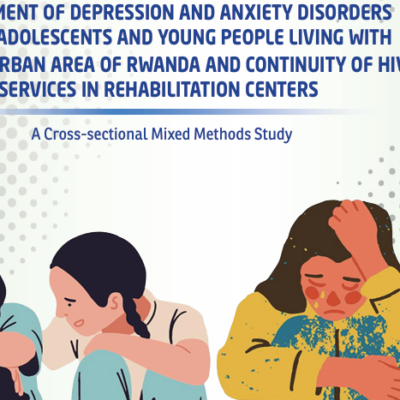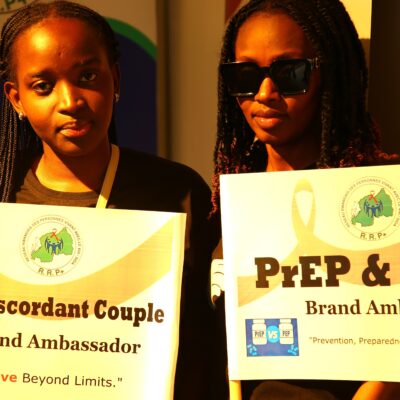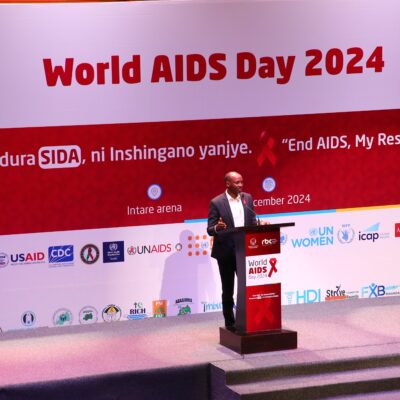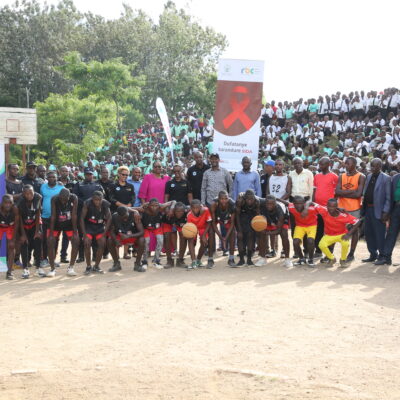In the quiet mornings of Kirehe District in Eastern Rwanda, 58-year-old Consolee Musabyimana begins each day with prayer and gratitude. She waters her small garden, reviews her lesson plans—she’s a dedicated teacher—and sends warm texts to her three grown children, all proud university graduates. These simple rituals mean the world to her.
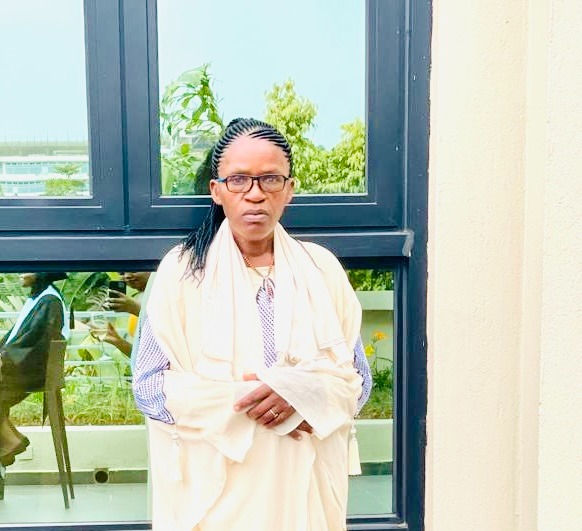
But there was a time, not so long ago, when Consolee feared she wouldn’t live to witness any of this.
Consolee feared she wouldn’t live to witness any of this.
“I was scared I wouldn’t survive,” she recalls. “But more than that, I was terrified my youngest daughter might be infected too. That fear nearly broke me.”
A Journey Through Loss, Fear, and Diagnosis
Consolee’s life took a painful turn in 2002 when her husband passed away due to AIDS-related complications. Though he had managed to secure antiretroviral therapy (ART), it came too late—his body was already failing.
After his death, a peer educator encouraged her to get tested. “At the time, I was afraid,” she says. “I thought a positive result would mean the end of everything.” It took her two years to gather the courage, but in 2004 she tested—and received an HIV-positive result. She began ART in 2005 as access to treatment expanded in Rwanda.
“I was devastated. I was a widow with three children. My youngest was just nine years old. I kept thinking—what if I had passed the virus to her during pregnancy or breastfeeding?”
Months passed before she found the strength to take her children for testing. All three tested HIV-negative. “That moment, I cried. It felt like life had given me a second chance.”
From Stigma to Support
Despite her steady income as a teacher, Consolee faced another battle: stigma.
“We used to collect food from the health center, and everyone knew why you were there. People would whisper. Even my children faced discrimination at school just because of me.”
The emotional toll was immense. “I was depressed. I felt alone,” she says. “But my doctor, my best friend, and my children helped me stay strong.”
Her turning point came when she joined a cooperative of people living with HIV. Through the Rwanda Network of People Living with HIV (RRP+), she found a safe haven.
“RRP+ changed everything. I wasn’t alone anymore. They helped us speak up, offered counseling, and even supported our children’s education.”
As her children progressed to secondary school, the financial strain intensified. But RRP+ and its partners stepped in with education sponsorship programs.
“They helped pay for school fees. Without that support, I don’t know how I would’ve managed. It gave me hope.”
Healing in with a Nation
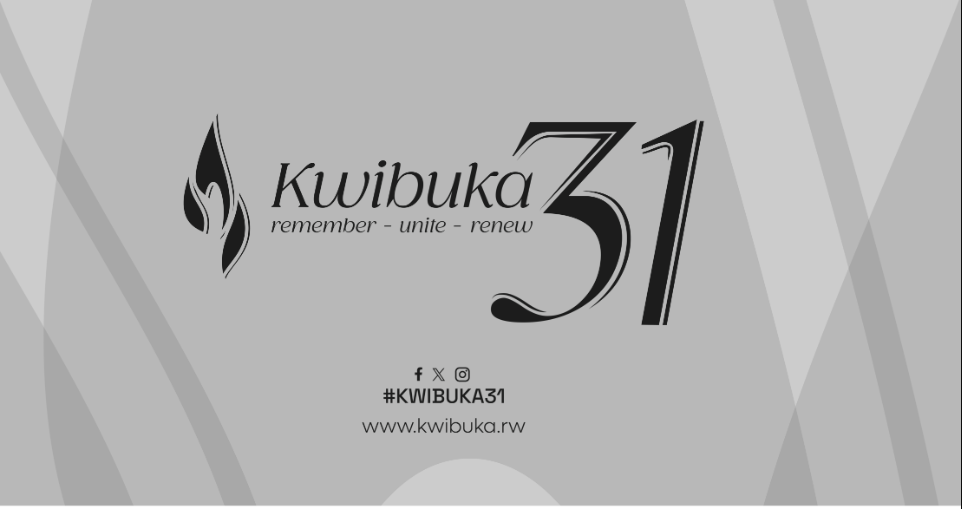
After the 1994 Genocide against the Tutsi, Rwanda faced a surge in HIV cases and AIDS-related deaths. By the early 2000s, thousands died annually due to lack of treatment. Today, that narrative has changed dramatically.
Rwanda’s adult HIV prevalence has stabilized at around 3%, and 97% of people on ART are now virally suppressed—a testament to years of relentless coordination, policy, and community mobilization.
Consolee credits this progress to the country’s leadership and collaboration with partners such as RRP+, Partners in Health (PIH), and others.
“The government made HIV care a priority. They worked with everyone—RRP+, health workers, NGOs—to make treatment and support free and accessible. That’s not something you find everywhere.”
“Rwanda didn’t just rebuild roads and hospitals. It rebuilt people. It restored dignity. I’m alive today because my country didn’t give up on people like me.”
“The government made it a priority. They worked with RRP+, Partners in Health (PIH), and other stakeholders to make sure we could access medication and care for free. That’s not something you find everywhere.”
“Rwanda didn’t just rebuild roads and hospitals. It rebuilt people. It rebuilt dignity. I’m alive today because my country didn’t give up on people like me.”
Reclaiming Life, Reimagining the Future:
Today, Consolee is much more than her diagnosis. She’s a teacher, a mother, a fierce advocate, and a living testament to resilience.
She continues her daily ART regimen and visits the health center regularly. She also participates in peer support groups and encourages newly diagnosed individuals to seek help and stay hopeful.
“I’m not just surviving with HIV. I’m living. I’m building.”
Her greatest pride? Her children. “All three graduated from university,” she beams. “That’s what I fought for. That’s my joy.”
One Story, One Nation’s Vision
Consolee’s journey echoes Rwanda’s own transformation—from silence to solidarity, from despair to determination.
Aligned with Rwanda’s Vision 2050, the country continues to invest in health equity, universal ART access, stigma reduction, and community-led care. RRP+ remains central to this mission—amplifying voices, advocating for rights, and building bridges of hope.
“Living with HIV taught me that life is a battle worth fighting,” Consolee says. “And Rwanda taught me that healing—both personal and national—is possible.”
The Writer is Marie Merci UMUTONIWASE
An internee with Rwanda Network of People Living with HIV/RRP+

